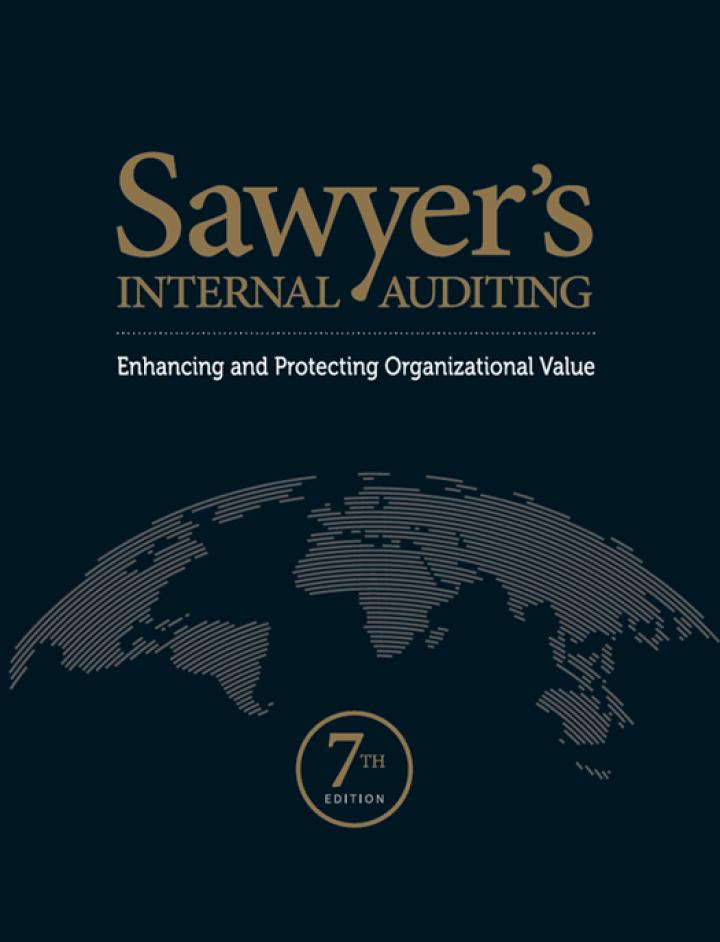


You are the CPA for franchisor (FR). FR and franchisee (FE) enter a franchise agreement: 1. FR and FE enter a franchise agreement dated 010121. 2 FE agrees to pay FR $100,000 over five years starting 010121 for FR's management consultation: a. $20,000 cash on 010121; and b. $80,000 note receivable in 5 annual, equal amounts of $20,000 due on Dec. 31 of each year starting 123122. 3. FR earns this revenue ratably over the years. 4. On 010122 , FR has reason to believe that FE will be unable to pay the debt owed under the franchise agreement. 5. FR is on the accrual basis of accounting. FE is on the cash basis of accounting. What is the joumal entry, if any, that FR recognizes after 123121 ? Multiple Choice Debit Unearned Revenue $20,000; Credit Revenue $20,000 because FR recognizes revenue on the cash basis of accounting. Debit Unearned Revenue $20,000; Credit Revenue $20,000 because FR recognizes revenue on the accrual basis of accounting Debit Unearned Revenue $20,000; Credit Cash $20,000 because FE recognizes revenue on the cash basis of accounting. Debit Revenue $20,000; Credit Deferred Revenue $20,000 because FE recognizes revenue on the cash basis of accounting. None of the other choices are correct. ou are the CPA for Mr. Passmore's sole proprietorship. On day 1 Mr. Passmore shows you a bank deposit slip for $200,000 showing that on day 1 he deposited this amount into the bank account of the sole oprietorship. This amount came from his personal bank account. Also, on day 1 he tells you that he wants you to write him a check for $100,000.00 on day 2 because on day 2 he is going to buy $100,000.00 worth equipment. So, on day 2 you prepare the check and sign it (you have signature authority on the bank account which is a common practice in sole proprietorships - it's convenient). On day 3 , Mr. Passmore returns ith the equipment and a receipt for $50,000.00 on day 3. What, if anything, do you do on day 1 to the accounting records for the sole proprietorship? Multiple Choice No journal entry needs to be recognized on the accounting records of the sole proprietorship because the sole proprietor is simply contributing this amount to himself since he is the only person who owns the sole proprietorship. On the accounting records of the sole proprietorship, debit Cash $200,000 and credit Owner's Equity $200,000 because Mr. Passmore contributed this amount from his personal funds, and the Owner's Equity account is used because the sole proprietor is an individual who is a separate accounting entity from the sole proprietorship. On the accounting records of the sole proprietorship, debit Cash $200,000 and credit Owner's Equity $200,000 because Mr. Passmore contributed this amount from his personal funds, and the Owner's Equity account is used because the sole proprietor is a person who is a separate accounting entity from the sole proprietorship. On the accounting records of the sole proprietorship, debit Owner's Equity $200,000 and credit Cash - Owner $200,000 because Mr. Passmore contributed this amount from his personal funds, and the Owner's Equity account is used because the sole proprietor is an individual who is a separate accounting entity from the sole proprietorship. None of the other choices are correct. Cou are the CPA for Mr. Passmore's sole proprietorship. On day 1Mr. Passmore shows you a bank deposit slip for $200,000 showing that on day 1 he deposited this amount into the bank account of the sole roprietorship. This amount came from his personal bank account. Also, on day 1 he tells you that he wants you to write him a check for $100,000.00 on day 2 because on day 2 he is going to buy $100,000.00 worth f equipment. So, on day 2 you prepare the check and sign it (you have signature authority on the bank account which is a common practice in sole proprietorships - it's convenient). On day 3 , Mr. Passmore returns vith the equipment and a receipt for $50,000.00 on day 3. What, if anything, do you do on day 2 to the accounting records for the sole proprietorship? Multiple Cholce On the accounting records of the sole proprietorship, debit Equipment for $50,000, debit Owner's Equity for $50,000, and credit Owner's Draws for $100,000 because the sole proprietor and the sole proprietorship are two different accounting entities even though, under the law, they are legally regarded as one legal entity. On the accounting records of the sole proprietorship, debit Owner's Draws for $100,000 and credit Cash for $100,000 because the sole proprietor and the sole proprietorship are two different accounting entities even though, under the law, they are legally regarded as one legal entity. On the accounting records of the sole proprietorship, debit Owner's Draws for $100,000 and credit Cash for $100,000 because the sole proprietor and the sole proprietorship are the same accounting entity even though, under the law, they are regarded as separate legal entities. On the accounting records of the sole proprietorship, debit Equipment for $50,000, debit Owner's Draws for $50,000 and credit Cash for $100,000 because the sole proprietor and the sole proprietorship are two different accounting entities even though, under the law, they are legally regarded as one legal entity. None of the other choices are correct









